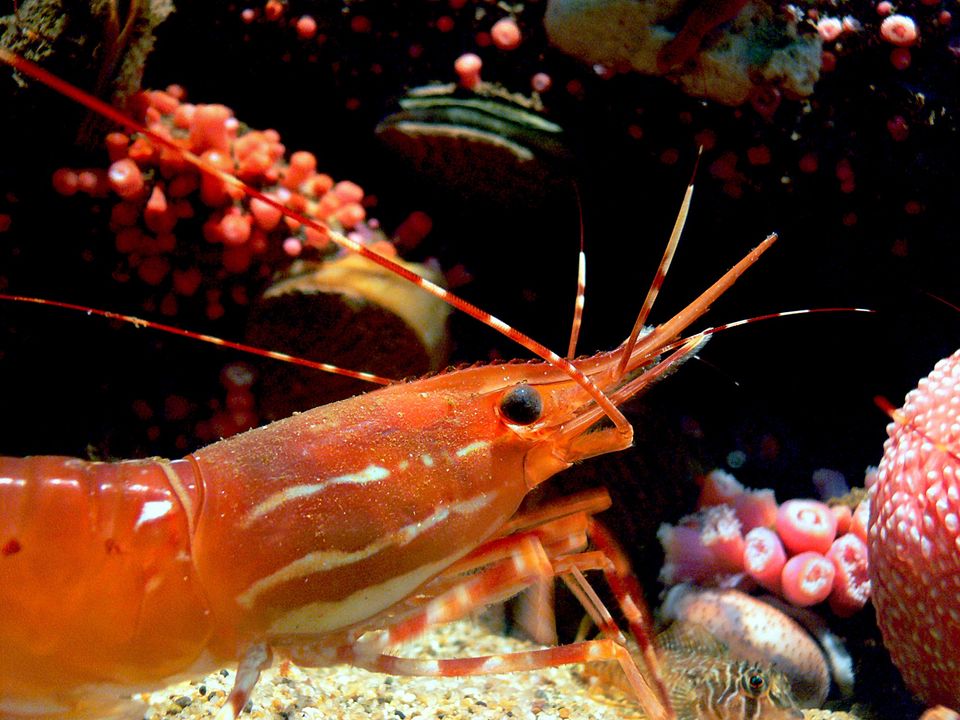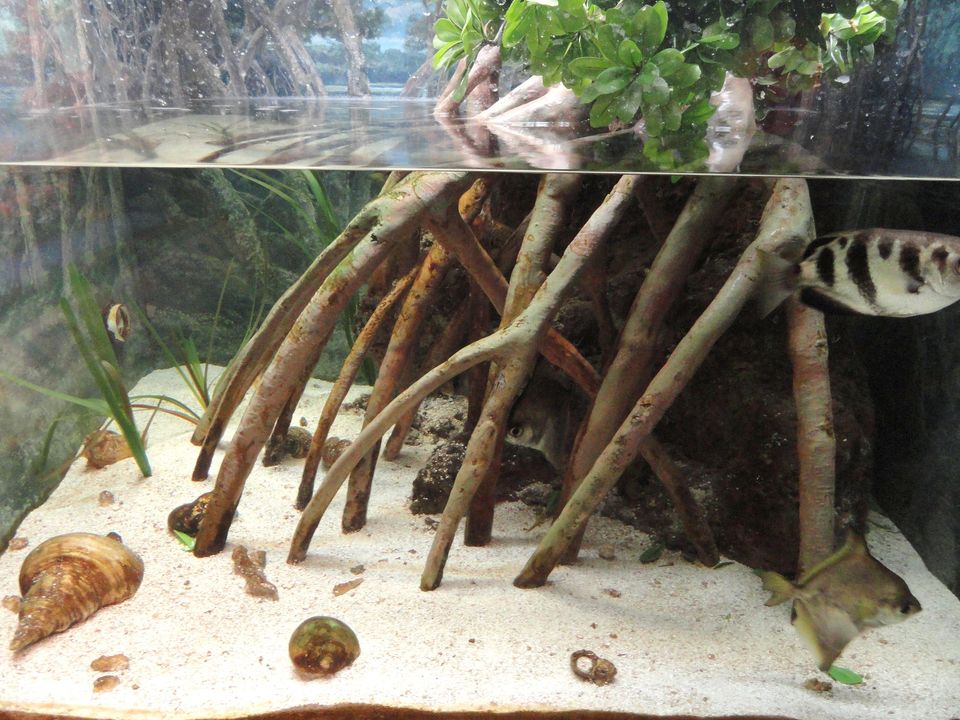Caring for Predatory Fishes: A Quick Guide for Aquarium Owners
These powerful and often intimidating creatures require special attention and care to thrive in captivity, so it's important to do your research before adding one to your tank. Here is an overlook.

Predatory fishes can be some of the most exciting and intriguing creatures to keep in an aquarium. From the striking appearance of an Arowana to the playful personality of an Oscar, these powerful and often intimidating creatures can add a unique element to any home aquarium. However, caring for predatory fishes can be challenging and requires a special level of knowledge and preparation. So it's important to do your research before adding one to your tank.
Here is a quick guide to caring for predatory fishes:
Tank size
Predatory fishes tend to be larger and more active than smaller, more passive species, and they require a larger tank with plenty of swimming space. A tank that is at least 50 gallons or larger is generally recommended, depending on the size and needs of the specific species you are keeping. It's important to provide your predatory fish with enough space to move around and explore, as they can become stressed and unhealthy if they are cramped in a small tank.
Water quality
Good water quality is crucial for the health and well-being of all aquarium inhabitants, but it's especially important for predatory fishes. These creatures are more sensitive to water quality issues and are more prone to stress and illness if the water is not properly maintained. Regular water changes and proper filtration are essential to keep the water clean and healthy. Make sure to use a high-quality water conditioner to remove chlorine and other impurities from tap water, and use a water testing kit to monitor the pH, ammonia, nitrite, and nitrate levels in your tank.
Diet
Predatory fishes have a high protein requirement and should be fed a diet of high-quality carnivorous foods, such as frozen or live fish, shrimp, and crickets. It's important to vary their diet and not rely on a single type of food to prevent nutritional deficiencies. Some predatory fish may also require supplements, such as vitamins or calcium, to ensure that they are getting all of the nutrients they need. It's also important to feed your predatory fish on a regular schedule, as overfeeding or underfeeding can lead to health problems.
Compatibility
Predatory fishes can be territorial and may not get along with other aggressive species. It's important to research the specific needs and compatibility of the species you are keeping and to choose tank mates carefully. Some predatory fish may be more aggressive and may not be suitable for community tanks, while others may be more docile and can coexist with other species. It's also important to consider the size and needs of the other fish in your tank, as predatory fish may prey on smaller or more passive species.
Tank setup
Predatory fishes require a specific type of tank setup to thrive. They need a substrate that they can dig in and hide under, as well as plenty of hiding places and structures to provide them with a sense of security. Live plants can also be beneficial, as they can provide additional oxygen and nutrients to the water and help to create a natural and aesthetically pleasing environment. It's important to research the specific needs of the predatory fish you are keeping and to set up the tank accordingly.
Handling
Predatory fishes can be sensitive to handling and may become stressed if they are handled too much or too roughly. It's important to be gentle and minimize handling as much as possible. Avoid handling your predatory fish unless it is absolutely necessary, such as when performing tank maintenance or administering medication. When handling your predatory fish, use a net, cup or any special tools available in the aquarium pet shop, and gently scoop them up, and avoid squeezing or grabbing them too tightly.
It's also important to remember that every species is different and has specific care requirements. It's important to research the specific needs of the predatory fish you are interested in keeping and to consult with a reputable source or a local fish store before making a purchase. This will help you to understand the specific care requirements and ensure that you are prepared to meet the needs of your new fish.
In conclusion, predatory fishes can be thrilling and exciting additions to any aquarium, but they require special attention and care to thrive in captivity. By following these key points and doing your research, you can provide your predatory fish with the best possible care and enjoy their company for years to come. So, always be careful while selecting and caring for predatory fishes.




